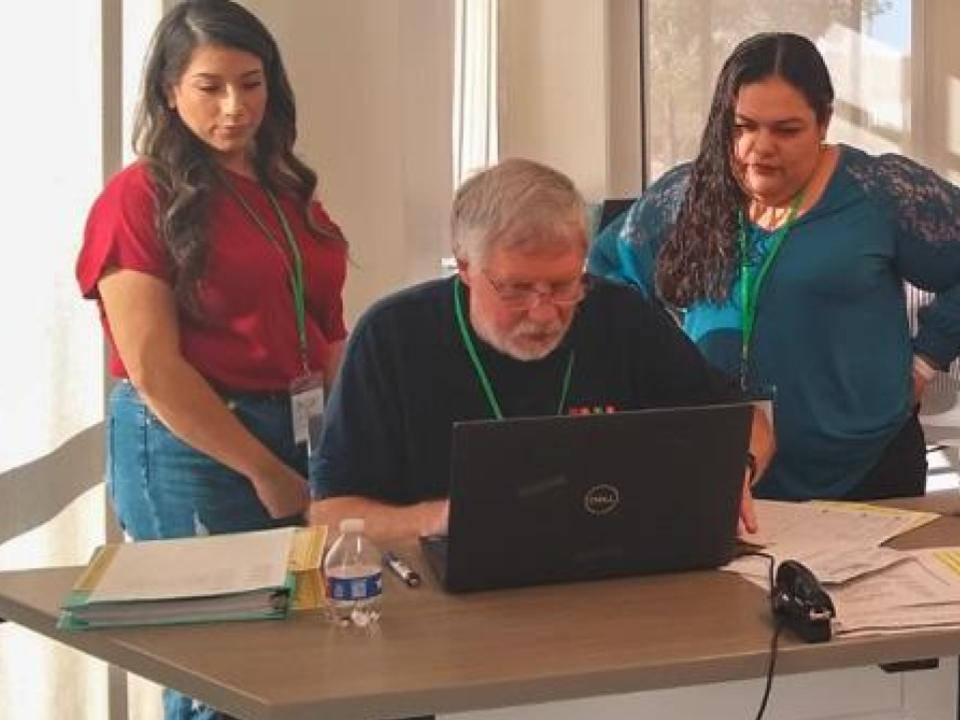Exploring the Impact of Institutional Context on Experiential Education in Higher Education The importance of institutional culture, faculty relationships, and a home on the org chart.
Main Article Content
Abstract
In revisiting the Society for Experiential Education’s eight principles of good practice, members of the most recent cohort of the SEE fellows program explored the impact of institutional context on experiential education in higher education. Previous research outlines campus and institutional structures where experiential education takes place. Our group leveraged a scholar-practitioner frame and drew on action research methods to explore the experiences of each individual's context and experiential education structure. The findings are organized around four themes and three principles of good practice. Our team’s inquiry reveals that experiential education’s location and structure within the organization may impact how EE is valued and executed. The findings suggest that within higher education contexts the praxis of experiential education is directly connected to its institutional location, the institutional culture of DEI, its positioning as a value proposition, and the faculty relationships that can support it. The implications of this work showcase areas for consideration when institutionalizing experiential education in higher education and provide an opportunity for institutions to restructure where experiential education is positioned within the institution.
Article Details

This work is licensed under a Creative Commons Attribution 4.0 International License.

